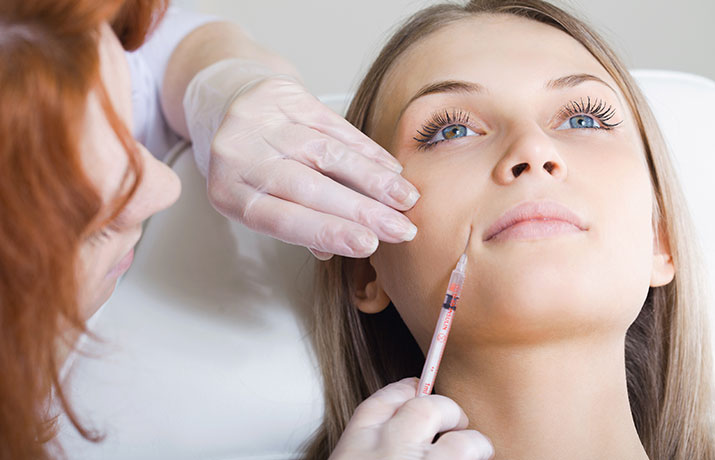Oral Appliance Therapy Reduces Blood Pressure in Obstructive Sleep Apnea: a Randomized, Controlled Trial
In the peer-reviewed scientific and medical journal, SLEEP, a recent article was published citing the reduction of blood pressure with the use of an oral appliance. www.headpaininstitute.com
Helen Gotsopoulos, BDS, MPH (Hons)1; John J. Kelly, MD, PhD2; Peter A. Cistulli, MD, PhD1
Study Objective: To investigate the short-term effect (4 weeks) of oral appliance therapy for obstructive sleep apnea on blood pressure. Design of study was randomized, controlled, crossover trial. The study setting was multidisciplinary sleep disorders clinic in a university teaching hospital. Sixty-one patients diagnosed with obstructive sleep apnea on polysomnography (apnea hypopnea index ³ 10 per hour and at least 2 of the following symptoms—daytime sleepiness, snoring, witnessed apneas, fragmented sleep; age > 20 years; and minimum mandibular protrusion of 3 mm). The Intervention device was a mandibular advancement splint (MAS) and control oral appliance for 4 weeks each.
Measurements and Results: Polysomnography and 24-hour ambulatory blood pressure monitoring were carried out at baseline and following each 4-week intervention period. Patients showed a 50% reduction in mean apnea hypopnea index with MAS compared with the control and a significant improvement in both minimum oxygen saturation and arousal index. There was a significant reduction with the MAS in mean (± SEM) 24-hour diastolic blood pressure (1.8 ± 0.5 mmHg) compared with the control (P = .001) but not in 24-hour systolic blood pressure. Awake blood-pressure variables were reduced with the MAS by an estimated mean (± SEM) of 3.3±1.1 mmHg for systolic blood pressure (P = .003) and 3.4 ± 0.9 mmHg for diastolic blood pressure (P < .0001). There was no significant difference in blood pressure measured asleep.
Conclusion: Oral appliance therapy for obstructive sleep apnea over 4 weeks results in a reduction in blood pressure, similar to that reported with continuous positive airway pressure therapy. SLEEP 2004;27(5):934-41.

